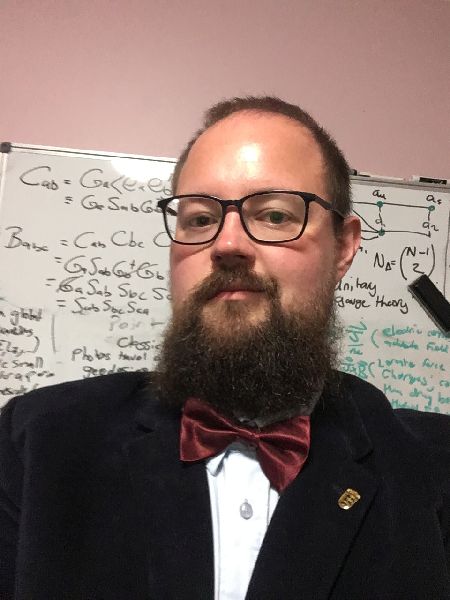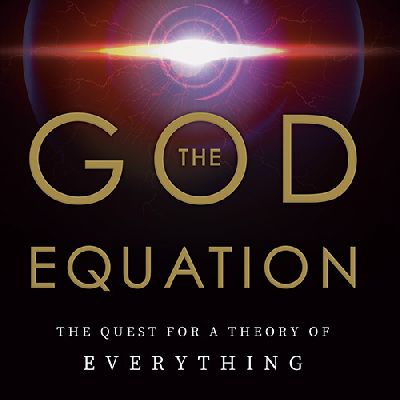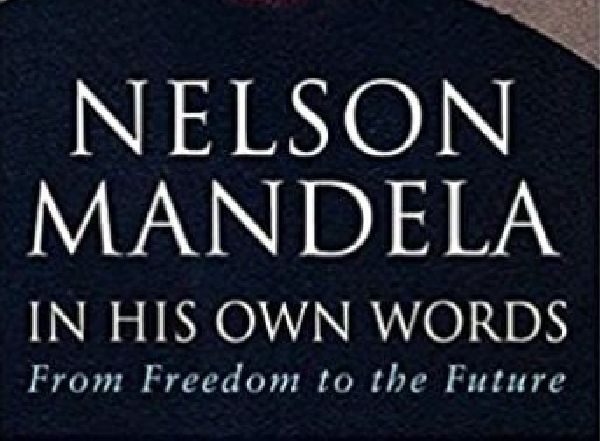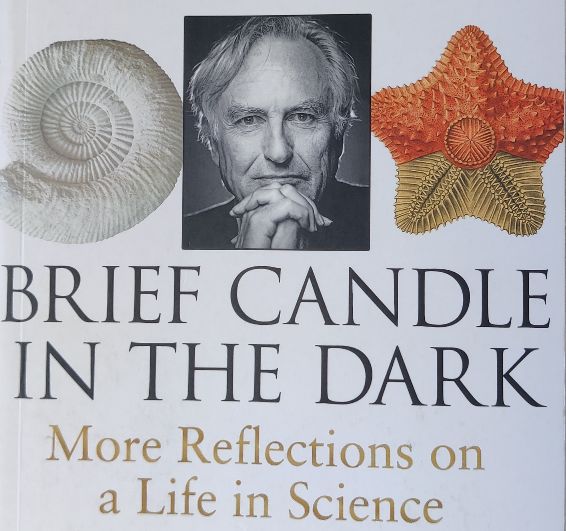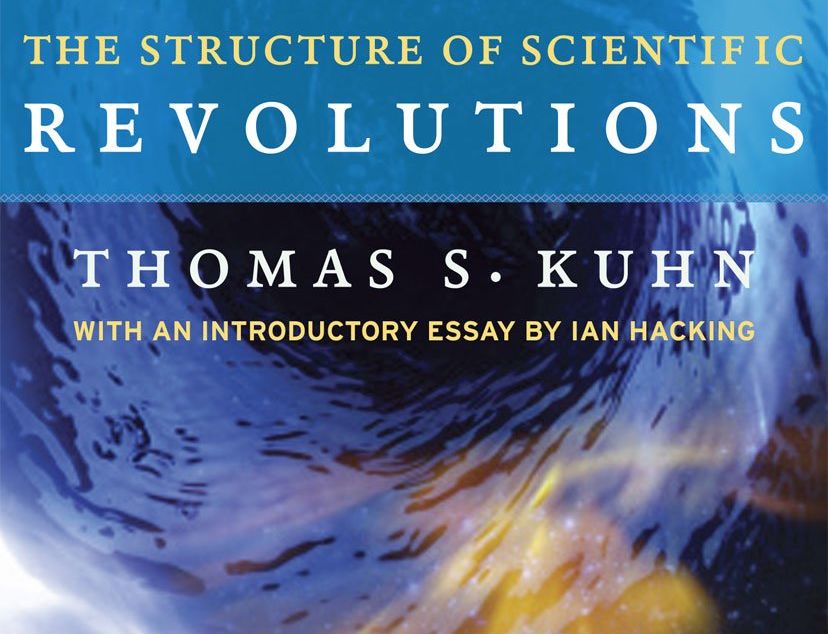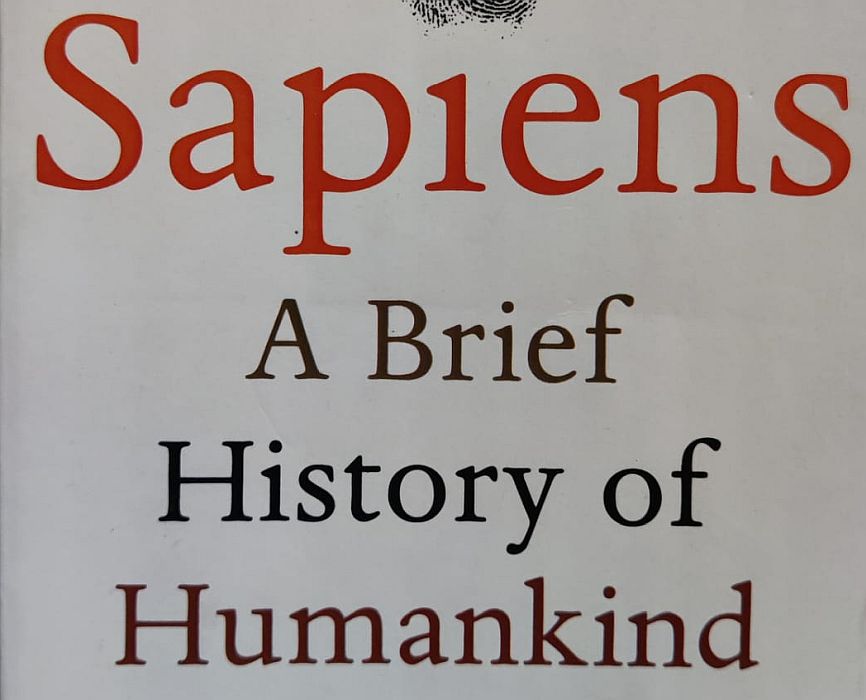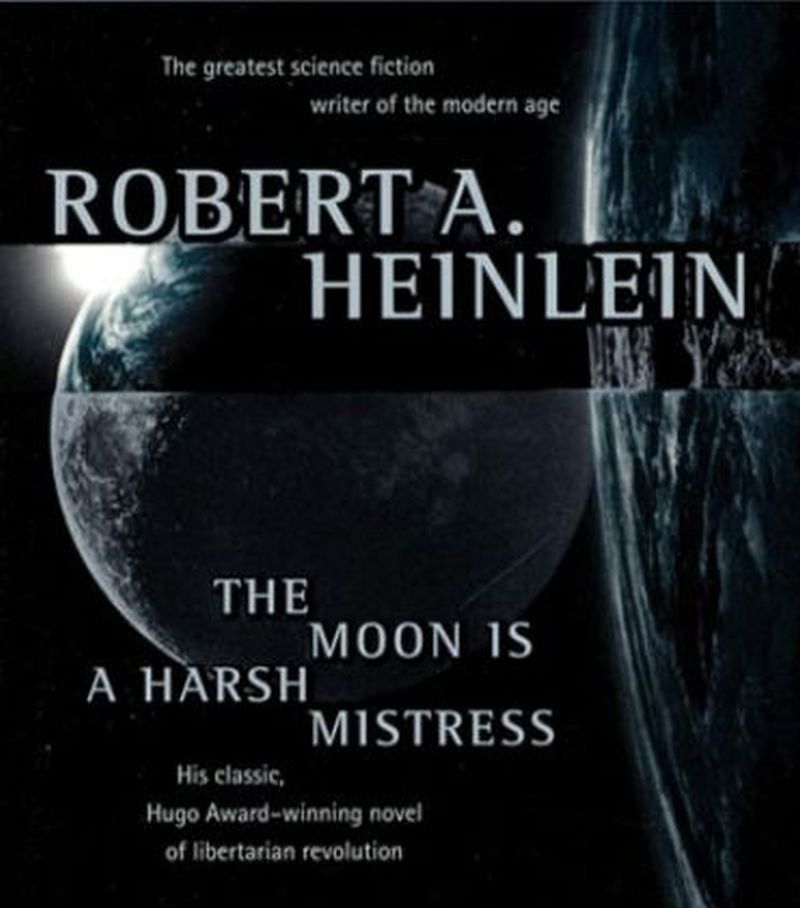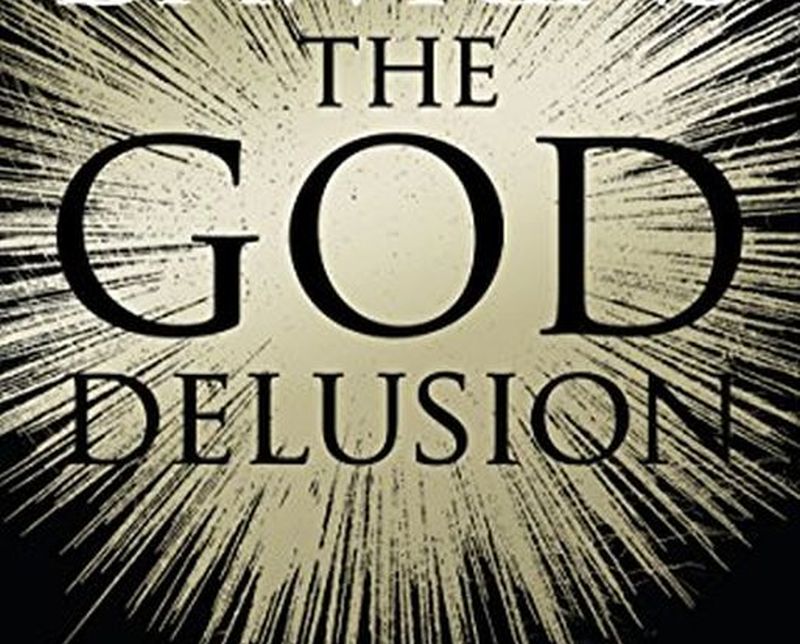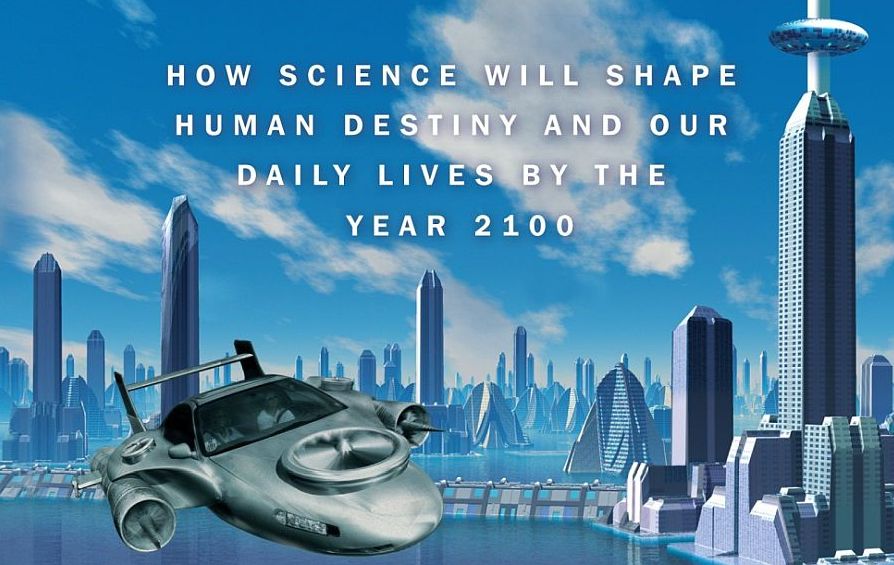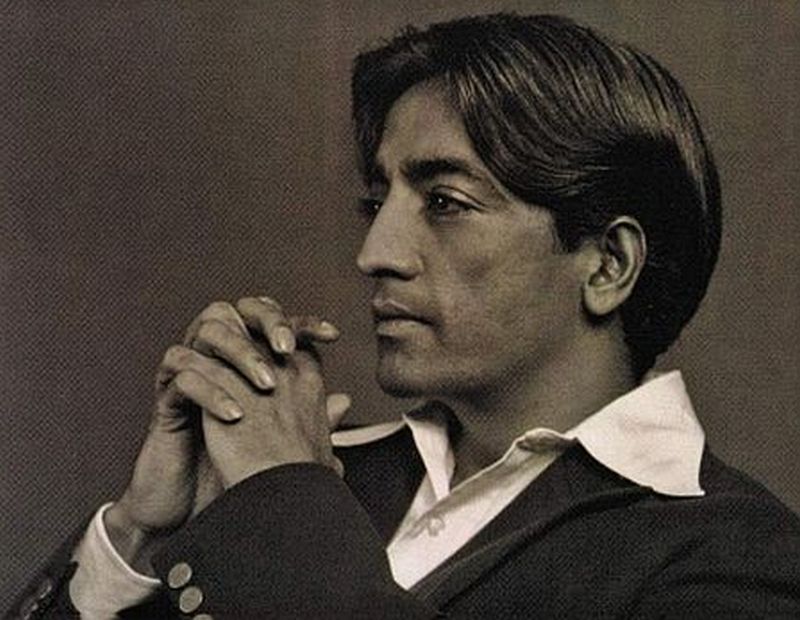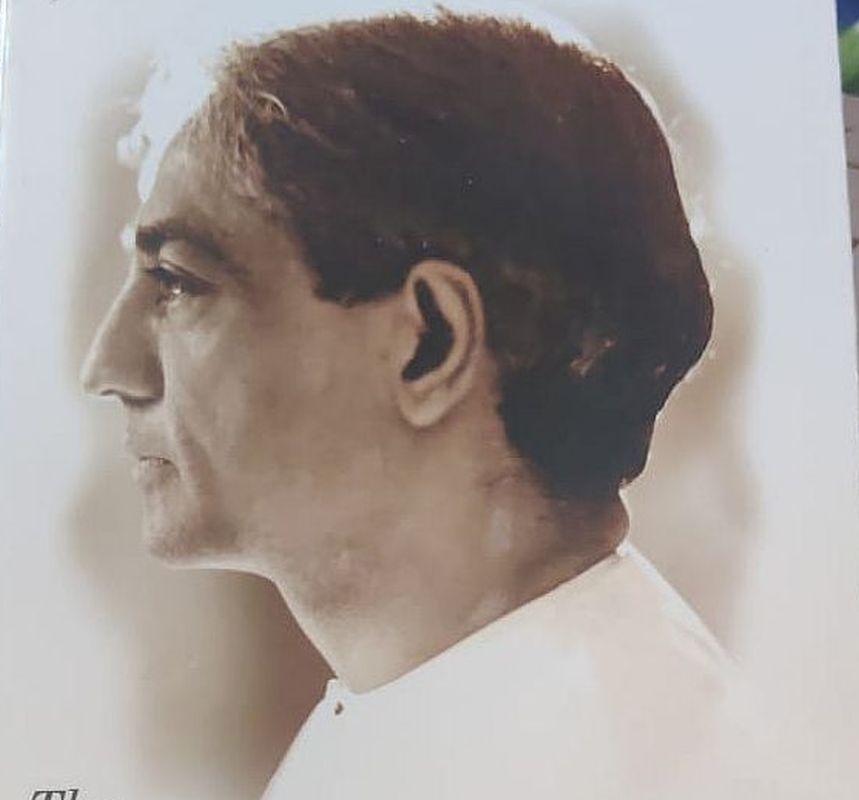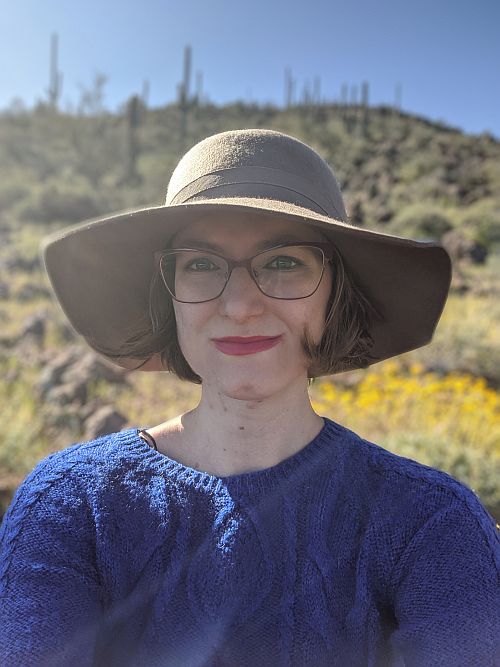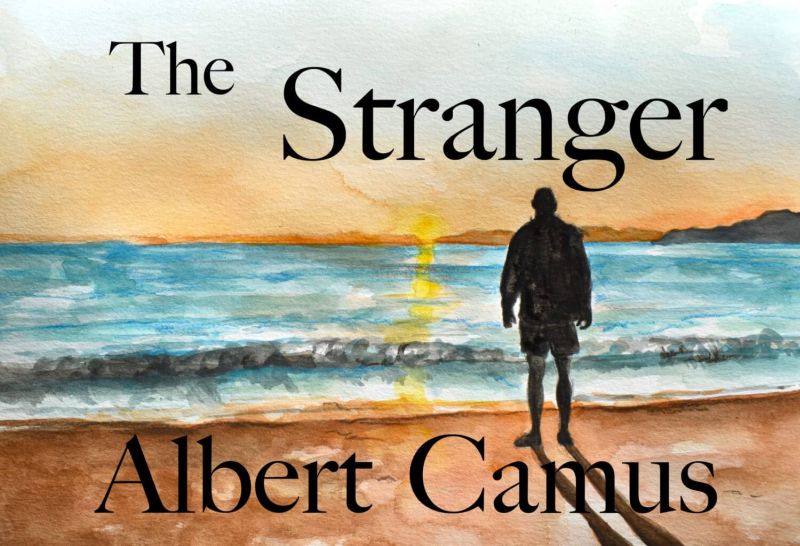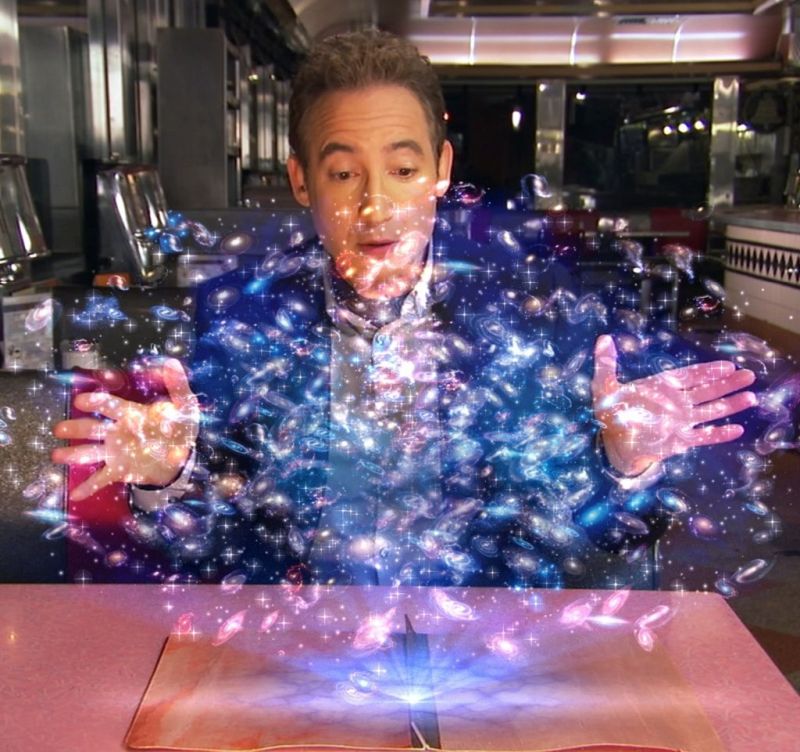Dr. Arthur Suvorov is an astrophysicist at The Manly Astrophysics in Australia. He did first class honors degree at Monash University, in a double-dose of mathematics with physics on the side. Followed by his PhD from Melbourne Uni. His areas of interest include various aspects of neutron star. Lately, he collaborated with Universidad de Murcia, Spain in a project entitled “Magnetically supramassive neutron stars”, paper of which is also published in Physical Review Letters (DOI: 10.1103/PhysRevD.105.L061302). Dr. Suvorov is also the recipient of one of the most prestigious Humboldt…
Read MoreTag: good thinking
Book Review: The God Equation by Dr. Michio Kaku
Dr. Michio Kaku is a well-known figure in science academia. He is a master story teller. His super power is, he can make science graspable for non-science people like myself. In The God Equation: The Quest for a Theory of Everything, Dr. Kaku talks about three things: physics from creation to present, the effort put behind in unifying all known physical forces and the theory of dimensions, string theory.
Read MoreBook Review: In His Own Words by Nelson Mandela
In His Own Words: From Freedom To The Future: Tributes And Speeches by Nelson Mandela is one of those books, which everyone must read once in their life time. Nelson Mandela was, indeed, a prolific writer as well as a gifted speaker. He became an epitome of freedom around the world after his South African history in 1994. I have always looked up to him for his patience, diligence and integrity.
Read MoreBook Review: Brief Candle in the Dark by Richard Dawkins
Brief Candle in the Dark: My Life in Science is the second volume of Richard Dawkins’ memoirs, first being An Appetite for Wonder: The Making of a Scientist. As expected, the autobiographical memoir is not a chronological tale, rather it is a series of anecdotes. In fact, Dawkins writes, “If you don’t like digressive anecdotes, you might find you’re reading the wrong book.”
Read MoreBook Review: The Structure of Scientific Revolutions by Thomas Kuhn
The Structure of Scientific Revolutions is one book that talks about how science progresses. In addition, it also lays stress on the structure of its history.
Read MoreBook Review: Sapiens, A Brief History of Humankind by Yuval Noah Harari
Homosapiens a.k.a we humans are the dominant specie today because we can create mythologies and tell stories. Sapiens: A Brief History of Humankind by Yuval Noah Harari is an interesting read, where the author interweaves science and the humanities together to make us see where we have reached today from once being the hunter gatherers.
Read MoreBook Review: The Moon is a Harsh Mistress by Robert A. Heinlein
The Moon is a Harsh Mistress happens to be my first peek into Heinlein’s work. The book is embedded with wonderful interstellar imagination – artificial intelligence, extra-terrestrial colonization, and interplanetary warfare.
Read MoreBook Review: The God Delusion by Richard Dawkins
This is the second time I read The God Delusion, in fact this book is much easier to understand after reading The Selfish Gene from the same author, Richard Dawkins.
Read MoreBook Review: Physics of The Future by Dr Michio Kaku
Physics of The Future is my second read from Dr. Michio Kaku, first being The Future of Humanity. For the current book, Dr. Kaku interviewed more than 300 scientists along with their research that would lead humanity to the next level in computers, medicine, nanotechnology, space exploration and energy production.
Read MoreBook Review: The First and Last Freedom by J. Krishnamurti (II/II)
This is the second in series of the book review. In case you haven’t read the previous part, you may find it here, The First and Last Freedom by J. Krishnamurti (I/II).
Read MoreBook Review: The First and Last Freedom by J. Krishnamurti (I/II)
The First and Last Freedom by J. Krishnamurti is one of the most profound works that I have ever come across after Vivekananda. I have always been intrigued with relationship between thinker and thought. To some extent, I think, after reading this book, I have come close to the understanding of the mind’s duality, of course in terms of thinker and thought.
Read MoreInterview: Dr Nadac Reales, a Biotechnology Research Scientist at University of Antofagasta, Chile
Dr Nadac Reales is Deputy Director of Innovator Services at University of Antofagasta, Chile. Additionally, she is running her own firm, the Rudanac Biotec Lab. Aim of her lab is to provide biotechnological solutions to real world problems.
Read MoreInterview: Dr. Kamber Schwarz, Postdoctoral Researcher at Max Planck Institute for Astronomy Heidelberg
Dr. Kamber Schwarz is a postdoc at MPIA in Heidelberg. She has been a NASA Sagan Postdoctoral Fellow in the Lunar and Planetary Laboratory at the University of Arizona. She received her PhD in Astronomy & Astrophysics from the University of Michigan in 2018. She is also the recipient of the prestigious Ralph B. Baldwin Prize in Astronomy, 2020.
Read MoreBook Review: The Stranger by Albert Camus
The Stranger, also known as The Outsider in English, is a novella written by French author Albert Camus in 1942. It stands as the first of Camus’s novels published during his lifetime. The book highlights Camus’ philosophy of absurdism. Although there is no strong story line and writing style is simple, however, I did a couple of pauses here and there to reflect on certain questions about life in general.
Read MoreBook Review: The Fabric of the Cosmos by Brian Greene
The Fabric of the Cosmos: Space, Time, and the Texture of Reality is the second book of theoretical physicist, mathematician, and string theorist, professor Brian Greene. However, this happens to be my third read from the author, first two were Until the End of Time and The Hidden Reality.
Read More
